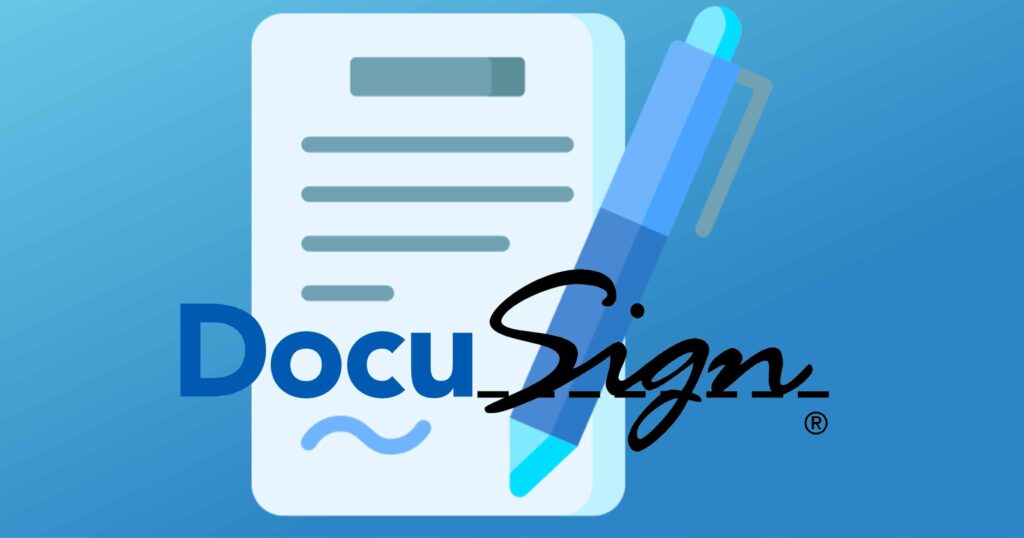Google Workspace is becoming increasingly popular as a way to store and share data, but questions remain about its level of compliance with the Health Insurance Portability and Accountability Act (HIPAA). HIPAA is an important law that protects the privacy of medical information, and it’s crucial for organizations to understand how it may apply to the tools they use. In this article, we’ll explore whether Google Workspace is HIPAA compliant and how to ensure the safety of your data.
Google Workspace is a powerful tool that provides users with a variety of features and services, including file sharing, email, and collaboration. The platform is designed to be both secure and reliable, but many users are still concerned about whether it meets the standards required by HIPAA. We’ll discuss the steps that need to be taken to ensure compliance and the measures that Google Workspace has in place to protect your data.

Is Google Workspace HIPAA Compliant?
Google Workspace (formerly G Suite) is a suite of cloud-based collaboration and productivity tools. It includes Google Docs, Sheets, and Slides along with other applications, such as Gmail and Hangouts. Many businesses and organizations use Google Workspace to manage their day-to-day operations. But can it be used safely and securely for healthcare data and other sensitive information? In this article, we’ll discuss whether Google Workspace is HIPAA compliant and how it can be used to ensure the security of sensitive data.
What is HIPAA Compliance?
The Health Insurance Portability and Accountability Act (HIPAA) is a federal law that sets standards for the protection of confidential medical information. It applies to any organization that handles or stores protected health information (PHI). To be HIPAA compliant, organizations must meet certain requirements, such as having an adequate security infrastructure and implementing appropriate security measures.
Organizations must also ensure that any third-party vendors they work with are also HIPAA compliant. This includes cloud services, such as Google Workspace. If an organization is not HIPAA compliant, it can face significant penalties and fines.
Is Google Workspace HIPAA Compliant?
Google Workspace is HIPAA compliant, but only if certain security measures are in place. Google offers its Business and Enterprise plans, which include additional security features that are necessary for HIPAA compliance. These plans also include 24/7 phone support, which is important for addressing any security issues that may arise.
In addition, Google Workspace offers a range of tools and services that can help organizations meet their HIPAA compliance requirements. For example, the Google Vault service allows organizations to store, manage, and search for sensitive data securely. It also provides features such as data retention and eDiscovery, which can help organizations meet their data privacy and compliance requirements.
What Steps Should Organizations Take to Ensure HIPAA Compliance?
Organizations that use Google Workspace for PHI must take a number of steps to ensure HIPAA compliance. These include:
- Sign a Business Associate Agreement (BAA) with Google
- Implement appropriate security measures, including password policies, access control, and encryption
- Restrict access to PHI to authorized personnel only
- Monitor and audit user activity regularly
- Establish procedures for responding to security incidents
Organizations must also ensure that any third-party vendors they work with are also HIPAA compliant. This includes cloud services, such as Google Workspace.
Are There Other Options?
Google Workspace is not the only option for organizations looking for a HIPAA compliant solution. There are a number of other options, including Microsoft Office 365, Amazon Web Services, and Rackspace. Each of these solutions offers different features and levels of security, so organizations should research each option to determine which one best meets their needs.
Organizations should also consider working with a third-party security consultant to ensure that their data is secure and their systems are compliant with HIPAA. Security consultants can help organizations identify potential risks and develop appropriate security measures to protect their data.
Frequently Asked Questions about Google Workspace HIPAA Compliance
Google Workspace provides a secure and reliable platform for businesses to store and share protected health information (PHI). Google offers a suite of tools and services that are designed to support HIPAA compliance and help organizations meet the requirements of the law.
Is Google Workspace HIPAA Compliant?
Yes, Google Workspace is HIPAA compliant. The platform provides numerous features and security protocols that help organizations remain compliant with the Health Insurance Portability and Accountability Act (HIPAA). Google Workspace is a secure environment for storing, managing, and sharing PHI. The platform adheres to all of the technical, administrative, and physical safeguards set forth in the HIPAA Security Rule.
Google also offers a Business Associate Agreement (BAA) for organizations that handle PHI. The BAA is a legal contract between Google and the customer that outlines the security measures that must be followed to ensure PHI is handled properly and remains compliant with HIPAA.
What Security Measures Does Google Workspace Offer for HIPAA Compliance?
Google Workspace offers a variety of security measures to help organizations remain compliant with HIPAA. The platform uses encryption to protect PHI from unauthorized access. Google also offers a two-factor authentication process, which requires users to enter an additional form of identification before gaining access to the platform.
Other features of Google Workspace that support HIPAA compliance include data loss prevention measures, user access controls, and activity monitoring. The platform also allows organizations to control which users have access to certain PHI and which activities they can perform with the data. These features help organizations maintain the confidentiality, integrity, and availability of PHI.
What is the HIPAA Security Rule?
The HIPAA Security Rule is a set of standards that organizations must adhere to in order to remain compliant with HIPAA. The rule sets forth the administrative, physical, and technical safeguards that must be in place to ensure the confidentiality, integrity, and availability of PHI.
The administrative safeguards of the Security Rule include developing and implementing policies and procedures to protect PHI, training employees on the proper handling of PHI, and regularly monitoring the organization’s security measures. The physical safeguards include restricting access to physical PHI and only allowing individuals with a need-to-know access to the data. The technical safeguards include implementing authentication measures, encrypting PHI, and regularly monitoring system activity.
What is a Business Associate Agreement (BAA)?
A Business Associate Agreement (BAA) is a legal contract between a HIPAA-covered entity and a business associate. A business associate is any organization that handles PHI on behalf of a HIPAA-covered entity. A BAA outlines the security measures that must be in place to ensure PHI is handled in a manner that is compliant with HIPAA.
The BAA must set forth the responsibilities of both parties in relation to the handling of PHI. This includes the security measures that must be in place to protect the PHI, the methods of communicating PHI, the individual’s rights to the PHI, and how the PHI will be disposed of. The BAA must also be updated regularly to ensure the security measures remain compliant with HIPAA.
What is the Difference Between HIPAA and GDPR?
The Health Insurance Portability and Accountability Act (HIPAA) is a U.S. federal law that protects the privacy and security of protected health information (PHI). The law sets forth the administrative, physical, and technical safeguards that must be in place to ensure PHI is handled securely and remains compliant with the law.
The General Data Protection Regulation (GDPR) is an EU law that protects the privacy and security of personal data. The GDPR sets forth the rights of individuals in relation to their personal data, as well as the obligations of organizations that handle the data. The GDPR applies to any organization that handles the personal data of EU citizens, regardless of the organization’s location.
Unlike HIPAA, the GDPR does not specifically set forth the technical, administrative, and physical safeguards that must be in place to ensure the security and privacy of personal data. However, organizations that handle personal data must still adhere to the GDPR by implementing appropriate security measures and ensuring the data is handled in a manner that is compliant with the law.

Google Workspace is a powerful tool for businesses that need to stay compliant with HIPAA. It offers numerous features and benefits that can help organizations maintain the highest standards of privacy and security, while providing a secure and productive work environment.
Google Workspace is a great choice for businesses that need to stay compliant with HIPAA regulations. With its comprehensive security features, easy-to-use tools, and cloud-based storage, Google Workspace is an ideal solution for businesses that need to keep their data secure and their employees productive. With its ever-evolving suite of features, Google Workspace is an excellent choice for any business looking for a HIPAA compliant solution.


